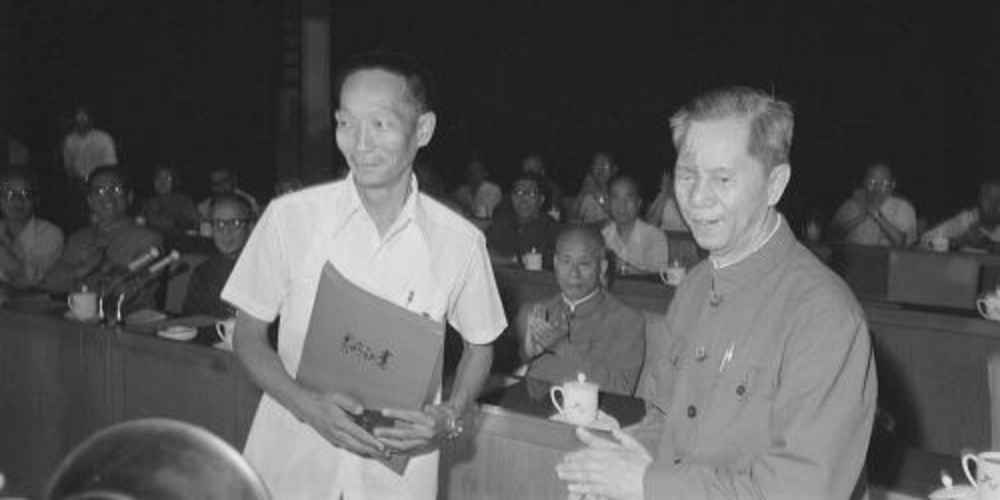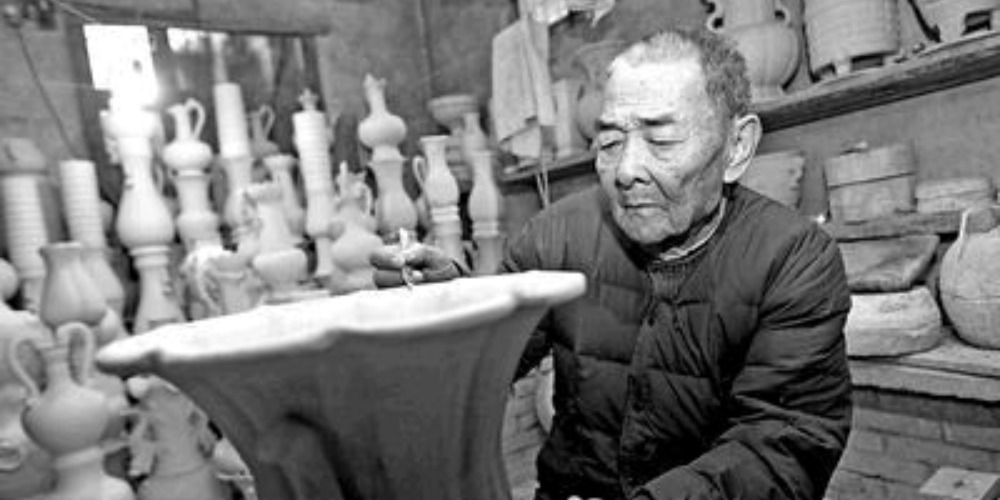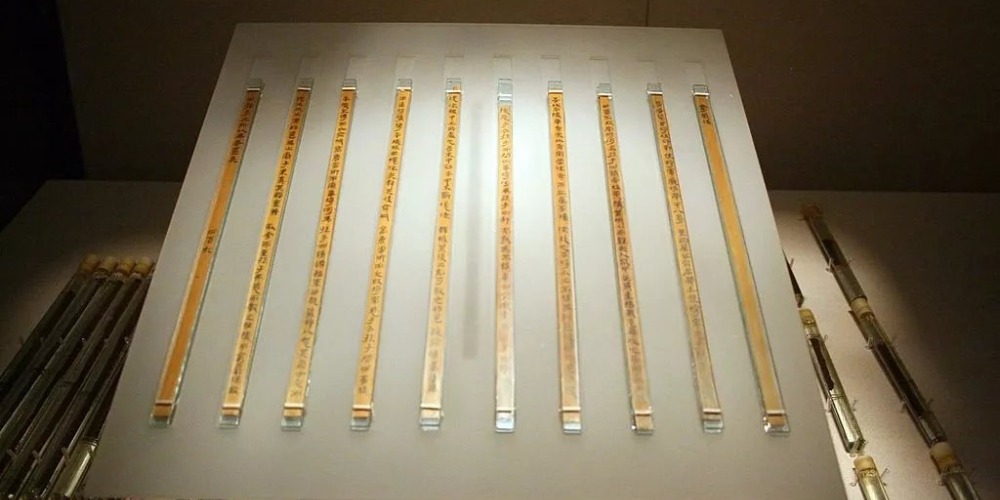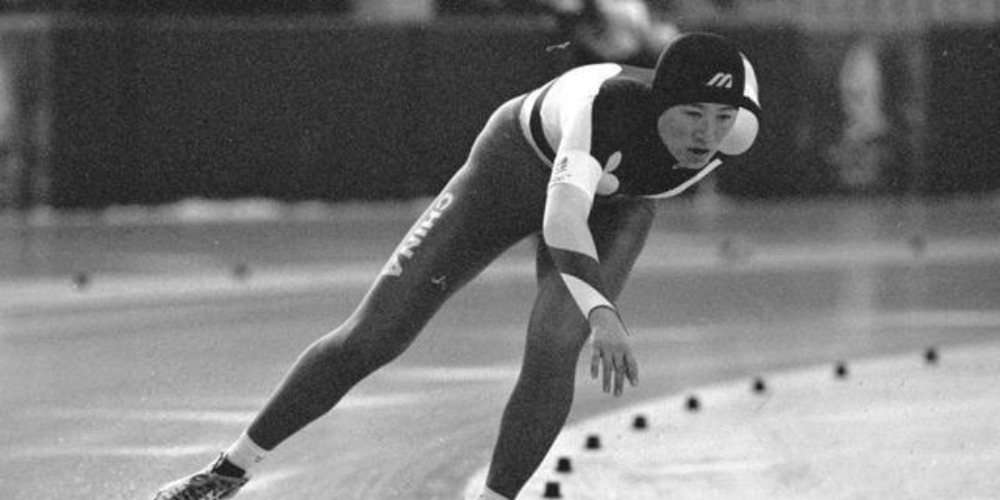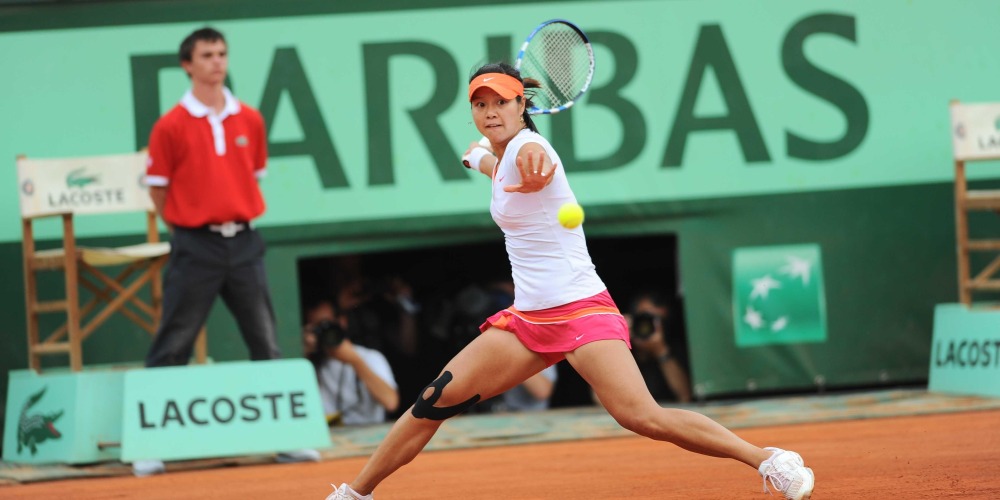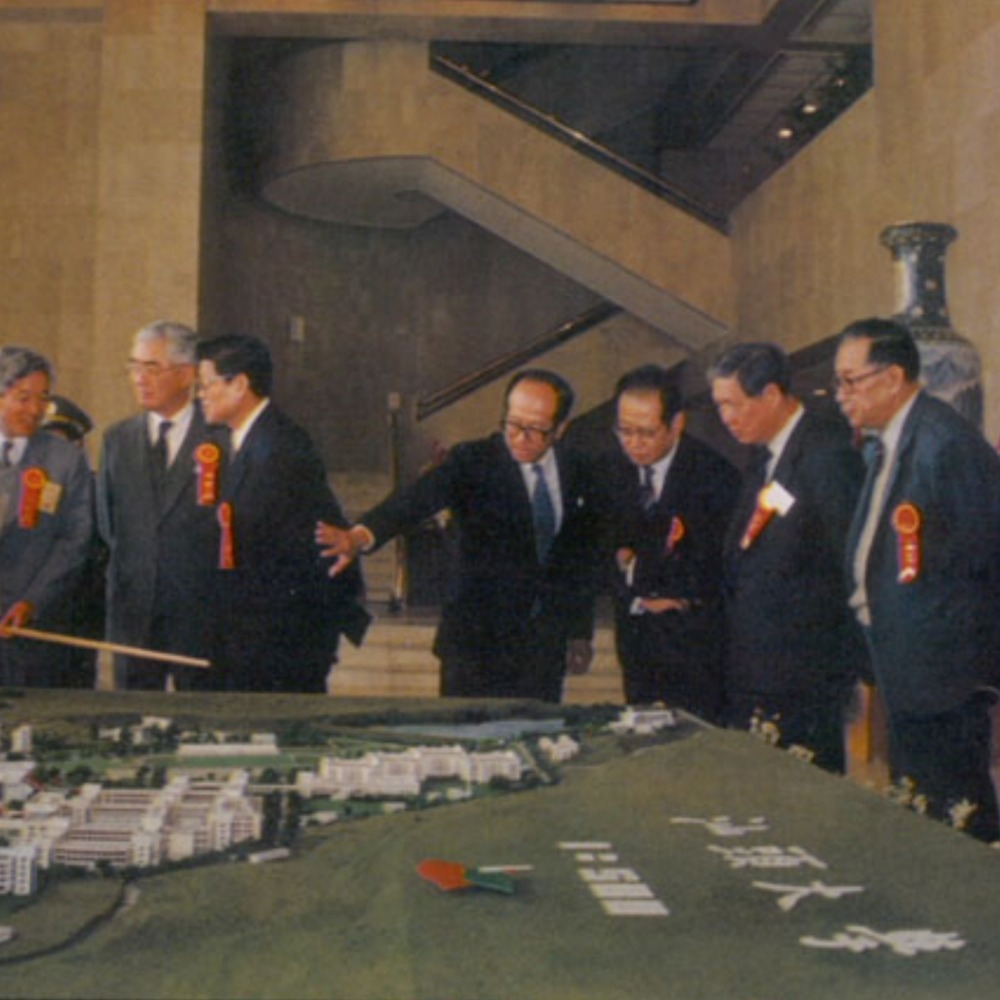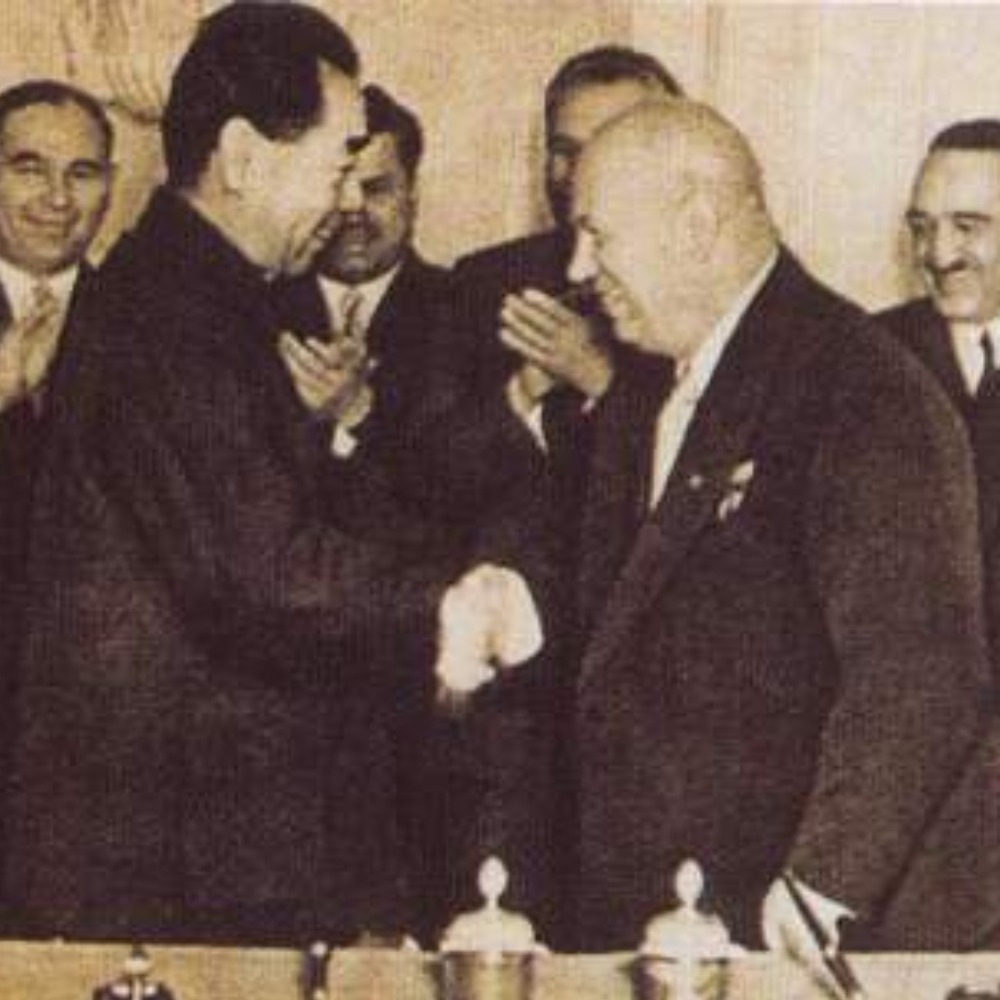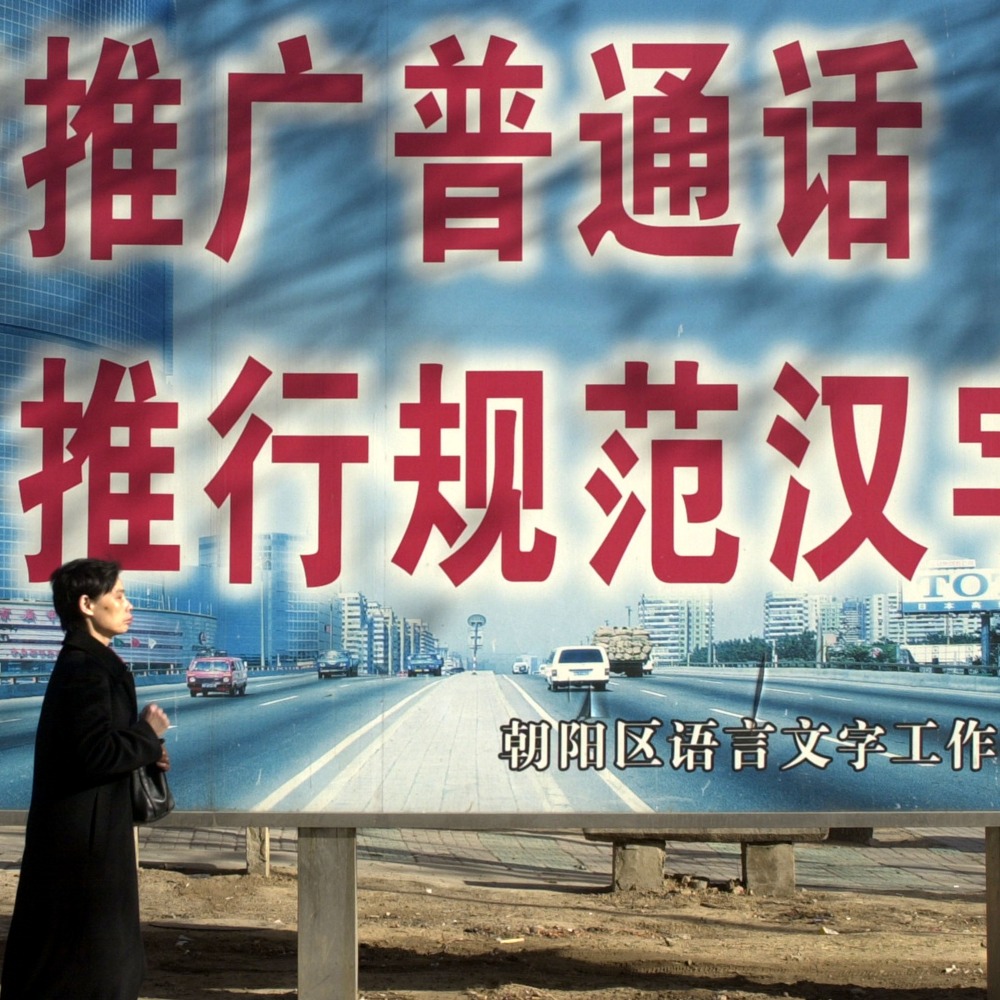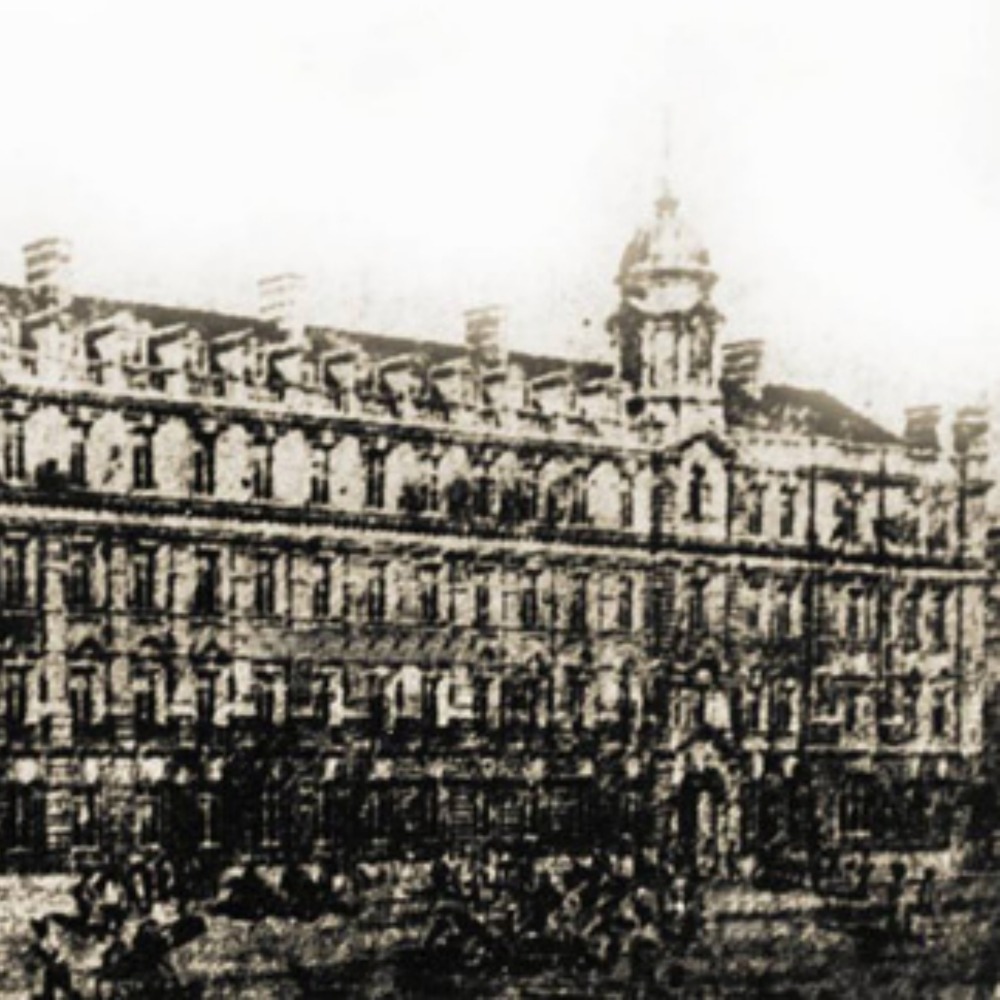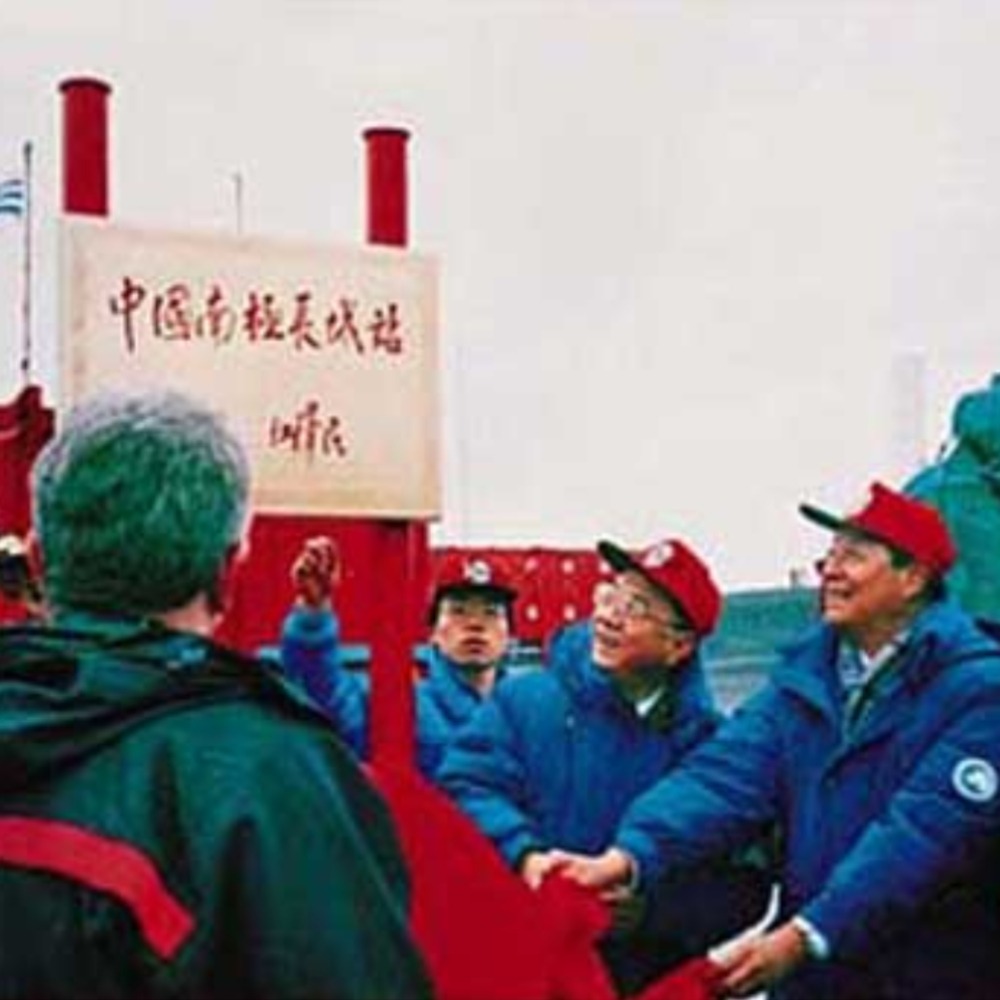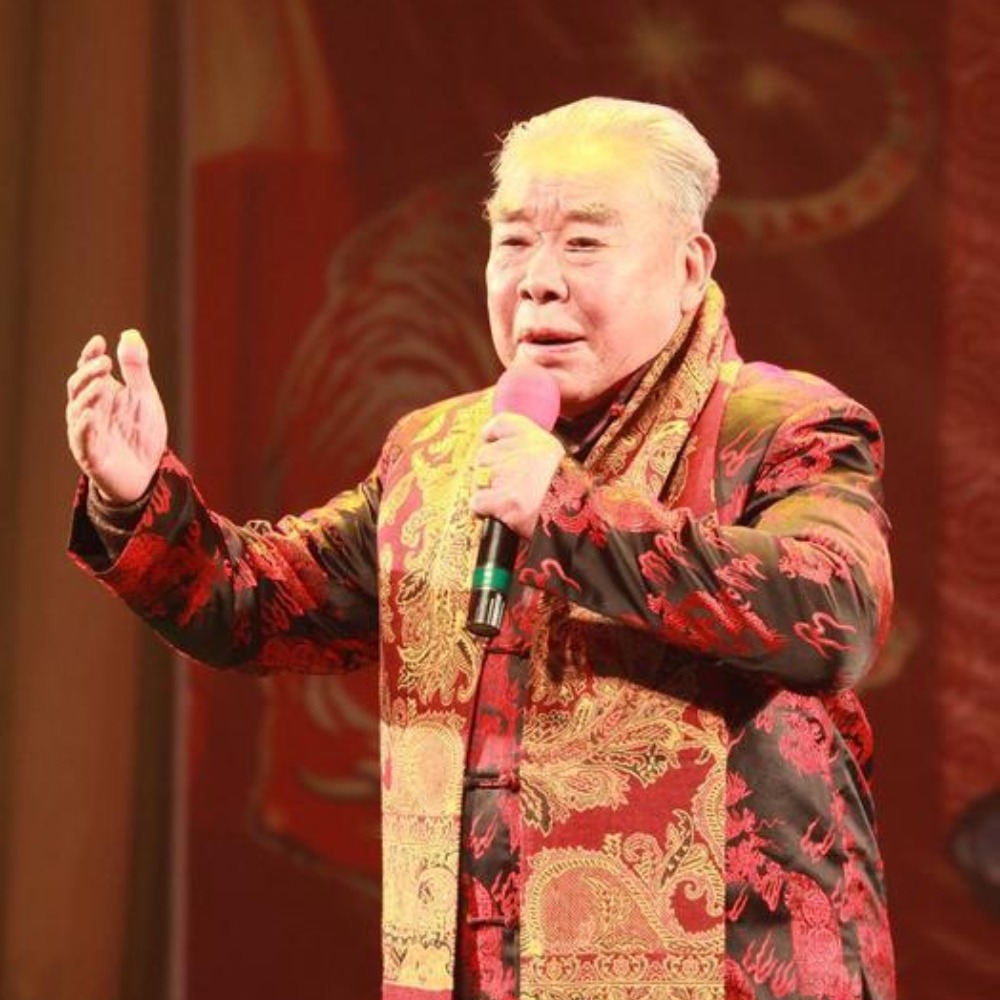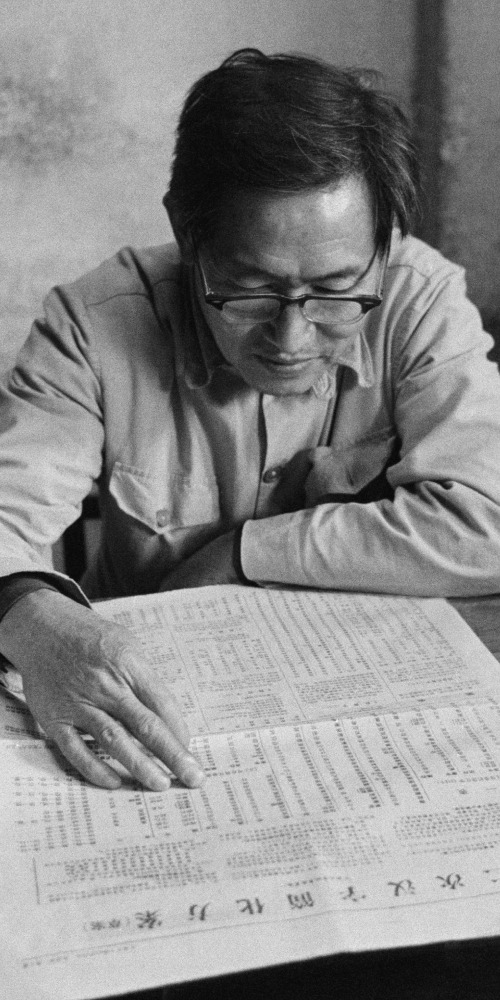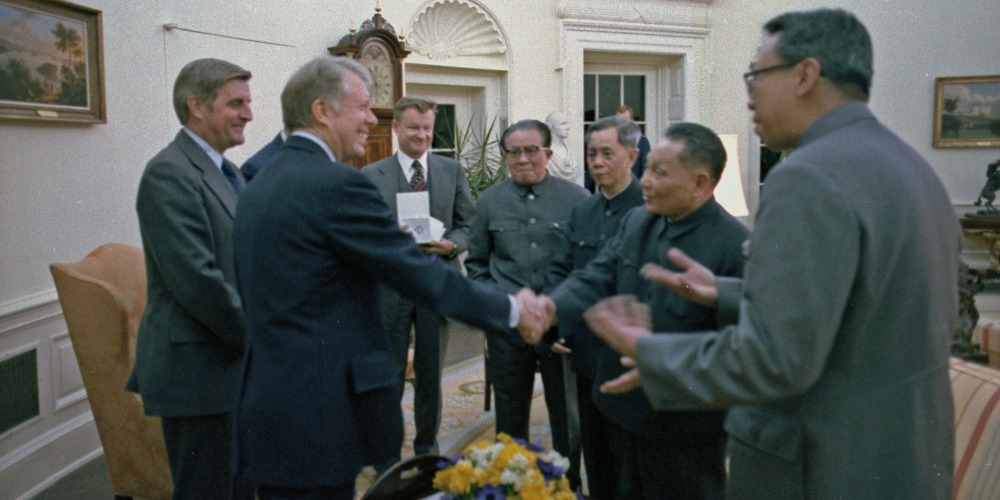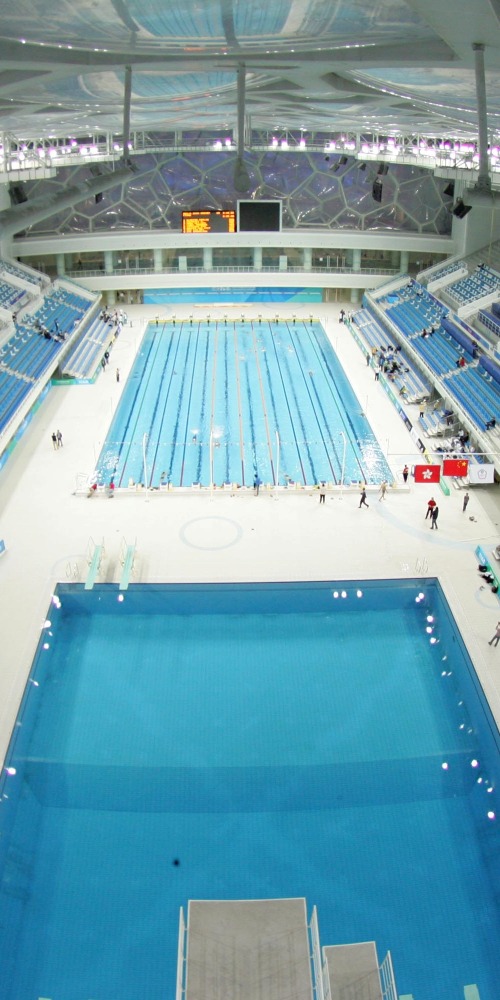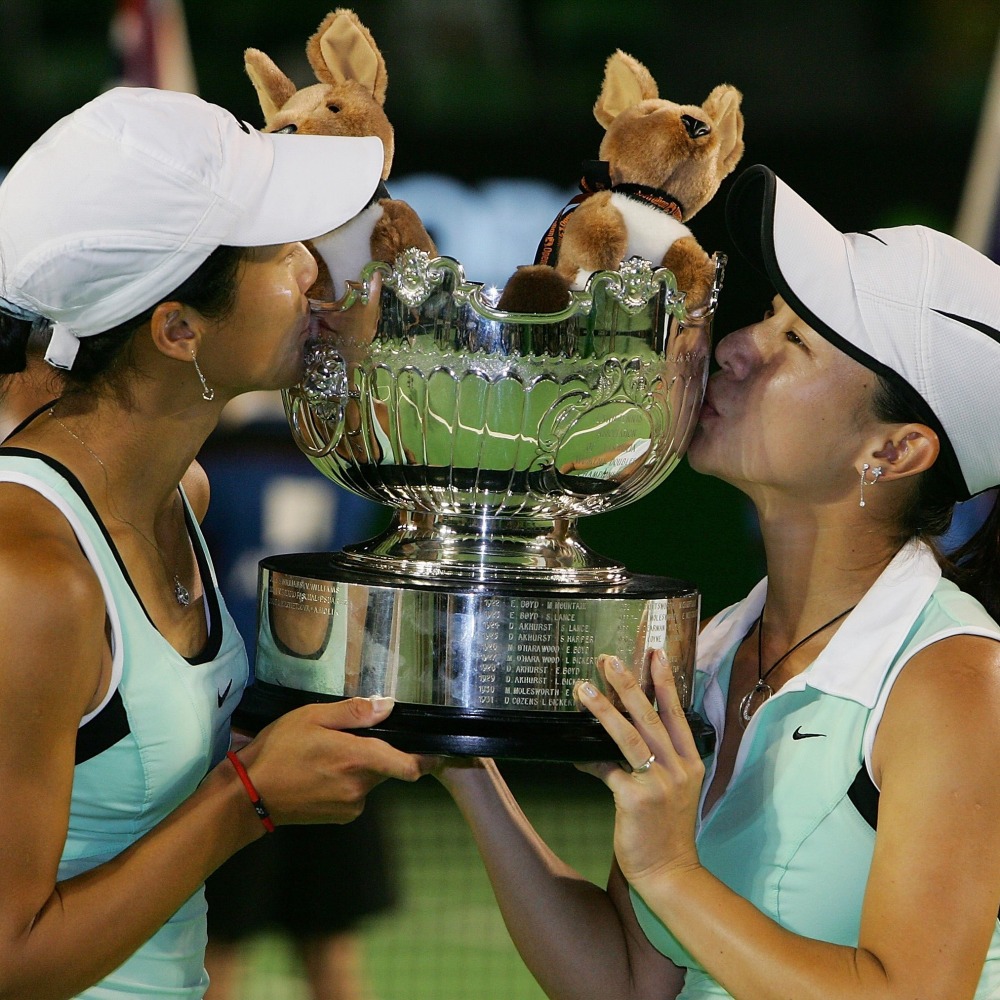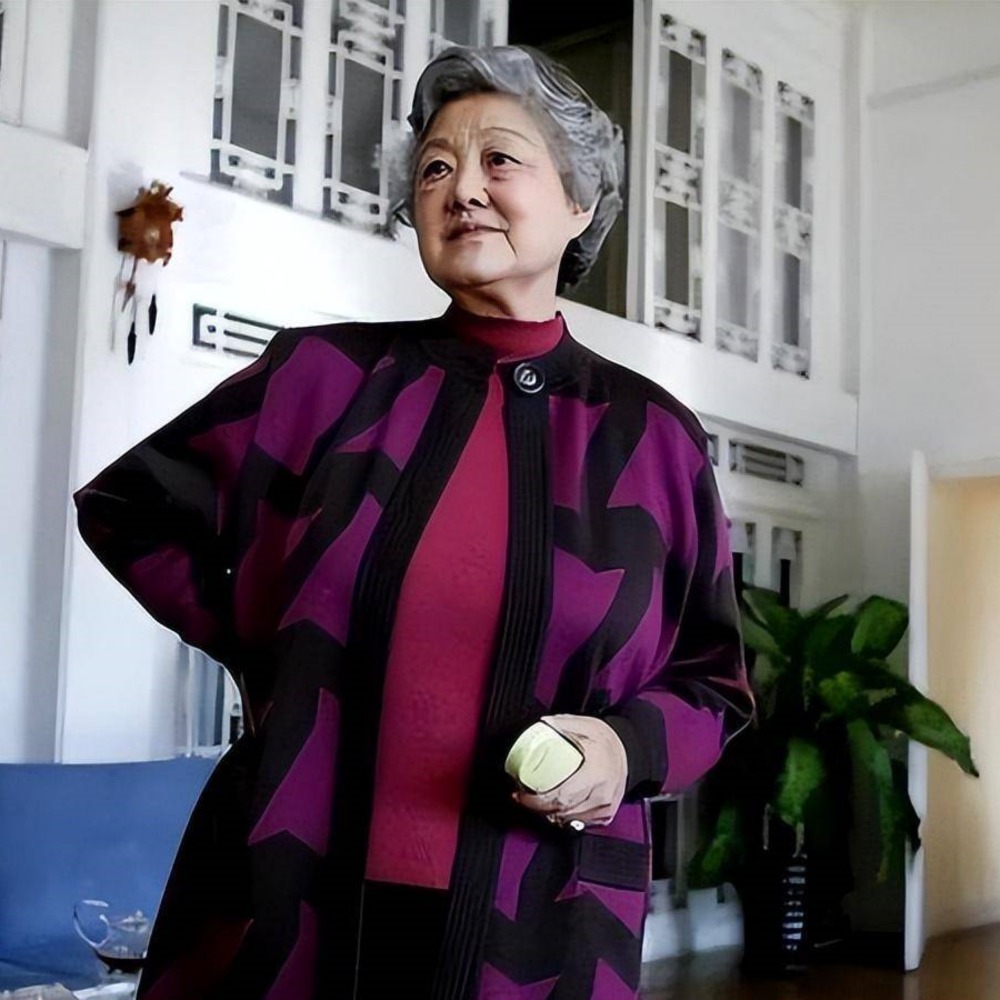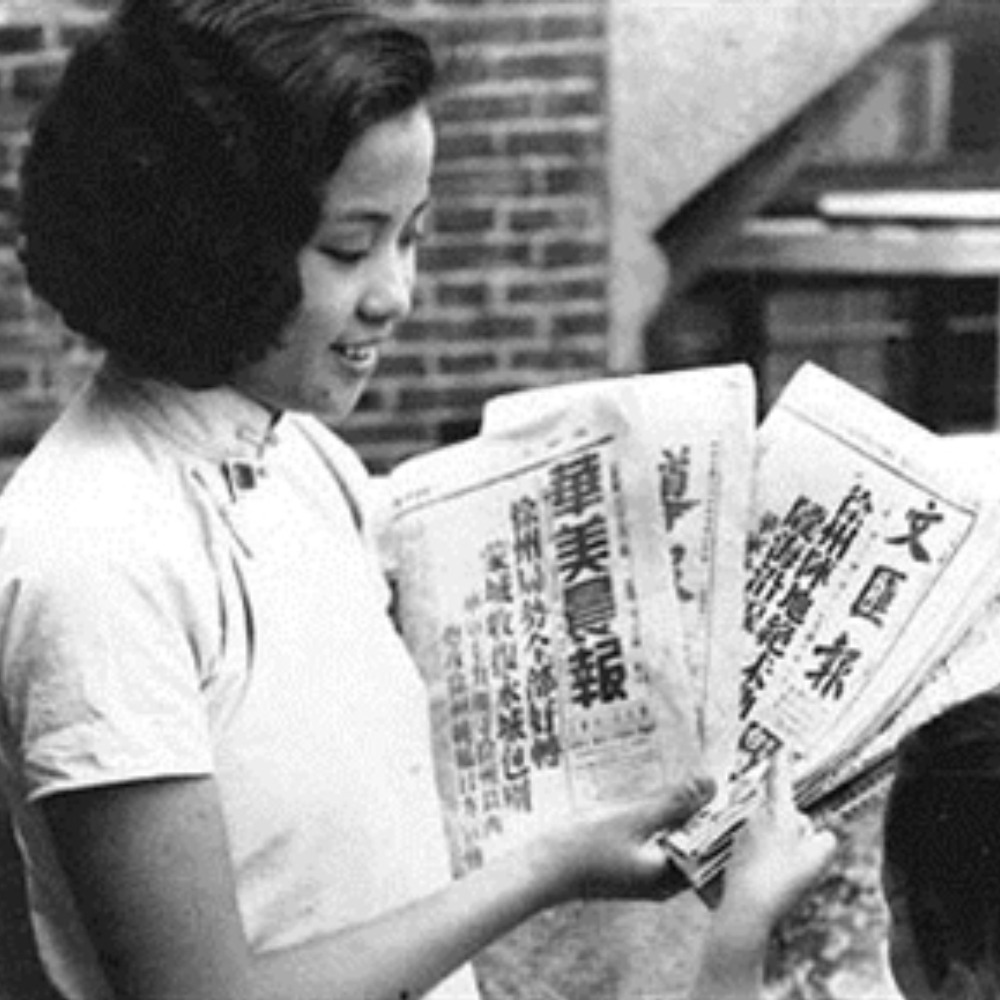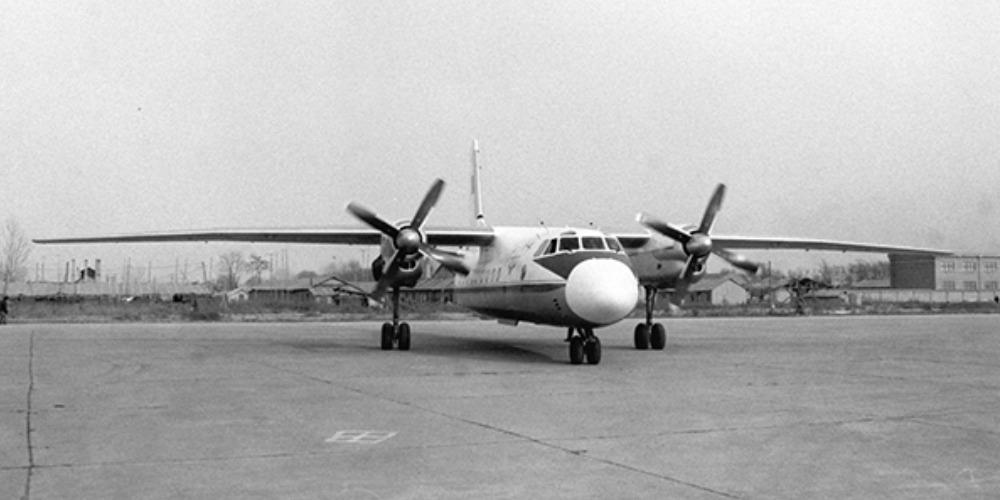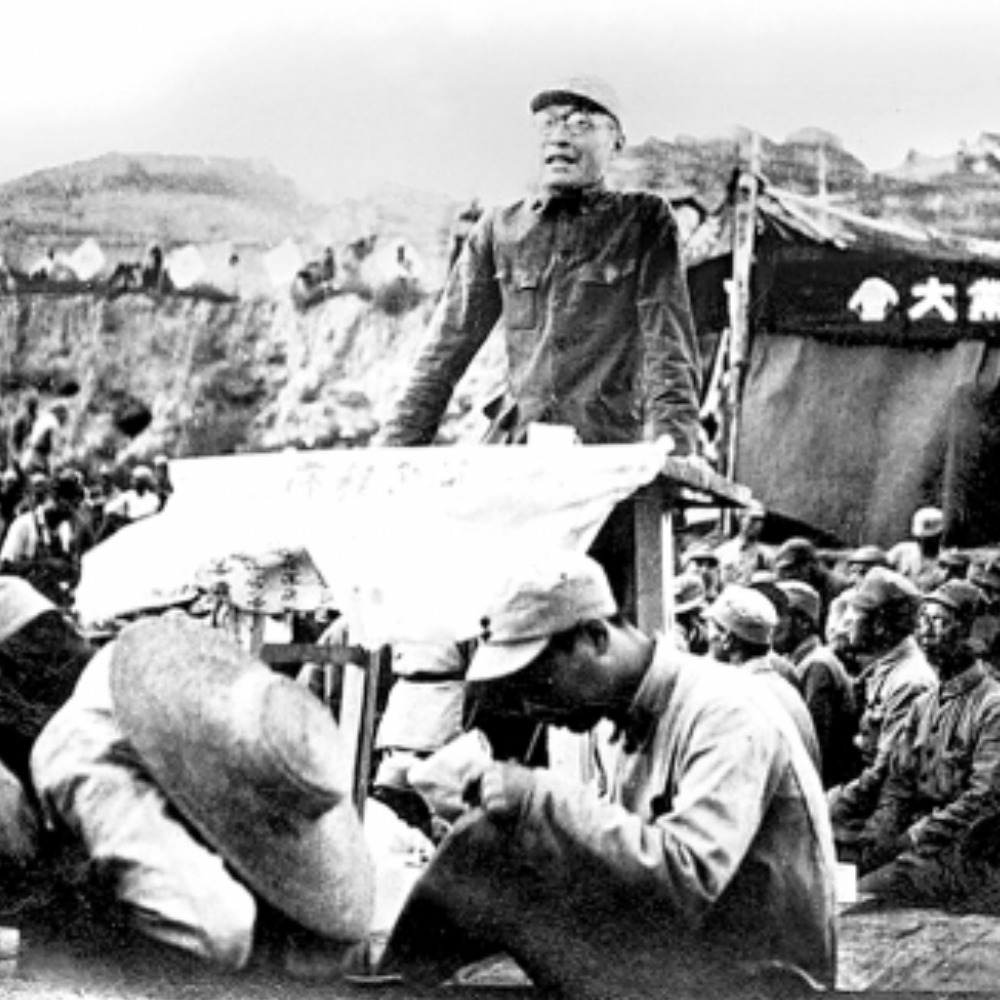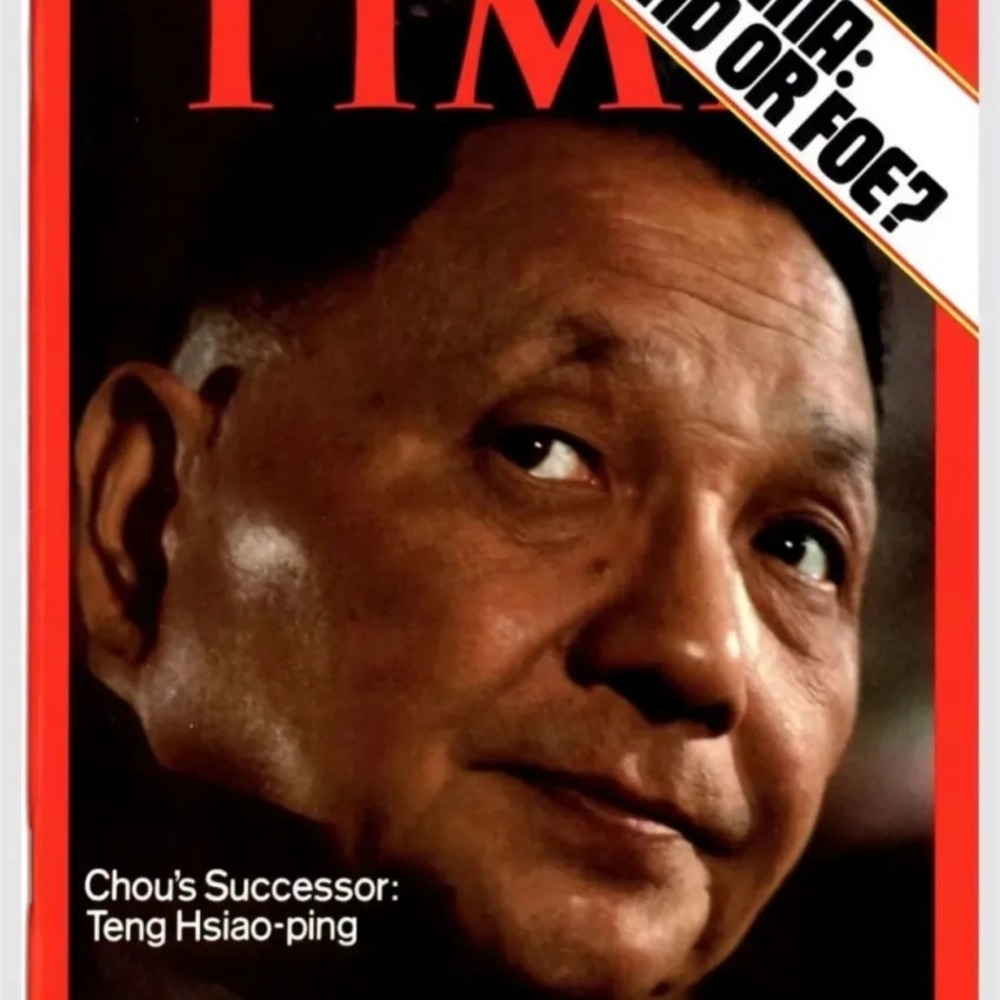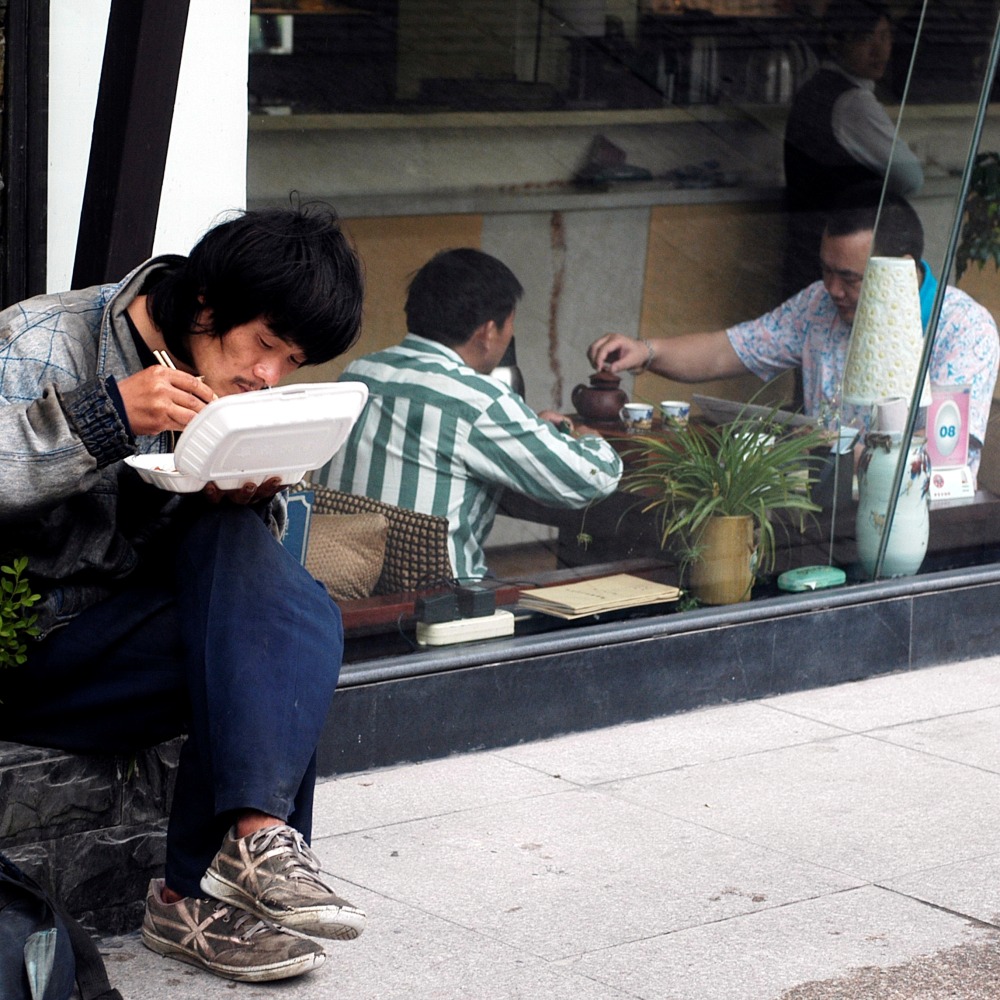Published : 2025-06-06
On June 6, 1981, the State Science and Technology Commission and the Agriculture Commission of China jointly held an award ceremony in Beijing, awarding the National "Sativa Hybrid Rice" Scientific Research Cooperation Group, including Yuan Longping (袁隆平), with the Special Invention Prize.
This was the first special invention prize awarded by the state since the founding of People's Republic of China.
Yuan Longping graduated from the Department of Agriculture at Southwest Agricultural College in 1953.
He served as a researcher at the Hunan Academy of Agricultural Sciences, a professor at Southwest Agricultural College, and the director of Hunan Hybrid Rice Research Centre.
He was also elected as a standing committee member of the 6th National Committee of the Chinese People's Political Consultative Conference (CPPCC).
Since the 1960s, Professor Yuan devoted himself to the research of hybrid rice breeding.
The "Sativa Hybrid Rice" cultivated by him is a significant invention in Chinese agriculture and has maintained a leading position internationally in research and promotion.
In 1964, Yuan Longping discovered natural male sterility in rice and published the paper "Male Sterility in Rice" for the first time in the country, pioneering the research on Sativa hybrid rice in China.
After six years of exploration, Yuan proposed the new concept of utilising "distant hybridisation between wild rice and cultivated rice."
In November 1970, under the guidance of the new concept, Yuan Longping and his assistants discovered pollen-sterile wild rice (referred to as "wild sterile") in Hainan Province, opening a breakthrough for developing sterile lines and the "three-line" system.
By 1972, led by the Chinese Academy of Agricultural Sciences and the Hunan Academy of Agricultural Sciences, the "Research on Male Sterility and Utilization of Heterosis in Rice," involving 13 provincial administrative regions, was listed as a major national agricultural and forestry scientific research cooperation project.
They successively developed a batch of male sterile and maintainer lines of dwarf rice and screened restorer lines from introduced foreign varieties, thereby forming strong superior combinations.
In 1973, China successfully achieved the "three-line" matching of Sativa hybrid rice. This scientific achievement would generate enormous economic benefits. By 1976, Sativa hybrid rice was widely promoted and applied nationwide.
China's successful cultivation of Sativa hybrid rice with its own strength marked a new height in China's rice breeding development, in which Yuan Longping played an indispensable role.
Until 1981, after Yuan received China's first special invention award for the achievements in "Sativa Hybrid Rice," he won an additional three international scientific awards in just four years, including the UNESCO Science Prize in 1987.
On February 19, 2001, Yuan Longping became the first recipient of the National Highest Science and Technology Award.
Then Chinese president Jiang Zemin (江澤民) himself signed and presented the award certificate to him, and Yuan Longping also received a substantial prize of 5 million RMB.
